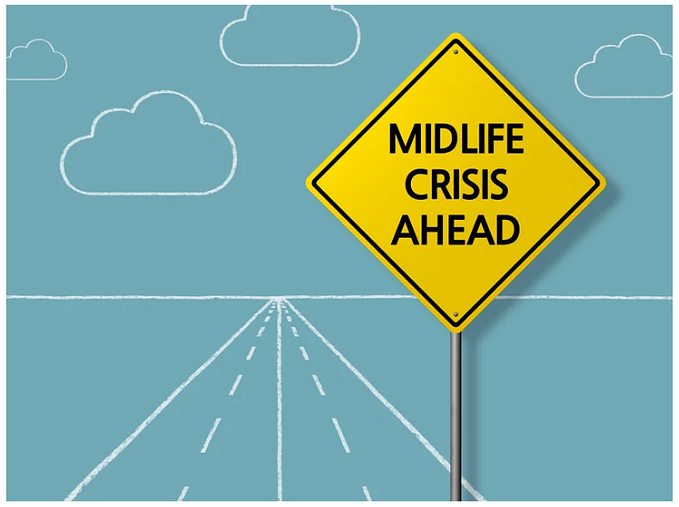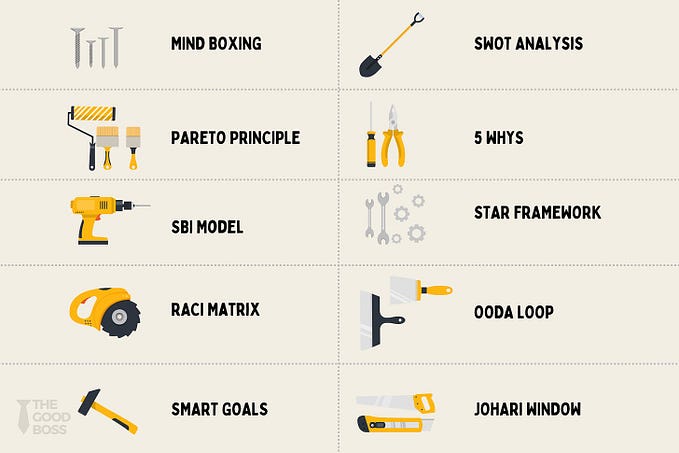Member-only story
How to Be an Effective Boss If You Hate Conflict
Teams can get tense when you try too hard to be liked or don’t listen enough

Jessica Powell, the former Google vice president who wrote The Big Disruption and told you how to quit your job, is here to answer your common but tricky work questions. Check back every other week for more management advice with a tech inflection.
I’m someone who dislikes lingering in ambiguity (not to mention conflict) for too long. I like to make a decision and move on. This has worked okay for me in the past as an individual contributor—I’ve mostly had to live with other people’s decisions. But now I’m a new manager, and I’m realizing my rapid-solution style may amount to sweeping things under the rug or letting them fester. How do I train myself to sit in conflict longer with my direct reports?
 “Conflict” is a pretty broad term. It could mean that you and your employees disagreed in a meeting, and you’re finding it uncomfortable that some employees aren’t happy with your decision. Or it could mean that you keep making decisions that are upsetting your team, and you’re not leaving any room for further discussion. The former is more about you wanting to be liked. The latter is likely more serious. It’s about your team not feeling heard.
“Conflict” is a pretty broad term. It could mean that you and your employees disagreed in a meeting, and you’re finding it uncomfortable that some employees aren’t happy with your decision. Or it could mean that you keep making decisions that are upsetting your team, and you’re not leaving any room for further discussion. The former is more about you wanting to be liked. The latter is likely more serious. It’s about your team not feeling heard.
Let’s talk about trying to avoid or minimize conflict, and then let’s talk about how to get more comfortable with it.
As a manager, your job is not to be loved by everyone, but to listen, synthesize the most relevant information, and push the team — and ultimately yourself — to the right decision. Sometimes that means you will have to shut down a conversation that the employee or team wants to continue. But if you run the conversation the right way, you’re much more likely to end up with employees who are ready to commit to the decision, even if they don’t 100% agree with it.
The best way to make sure that happens is by running an inclusive meeting or decision-making process. This isn’t touchy-feely HR talk: You can still be a totally ruthless authoritarian if you want. The point is to make people feel like it’s a democracy 90% of the time. Your team needs to feel heard, not like you steamrolled past them before they could make their argument. Because…








